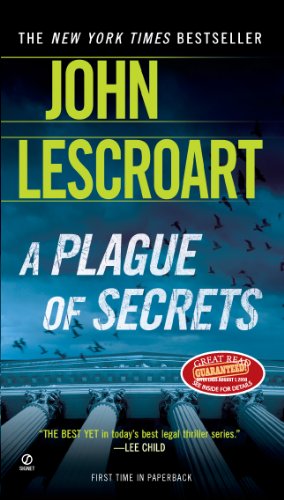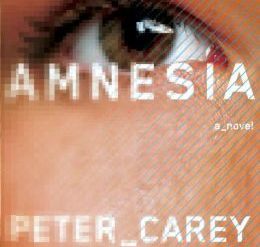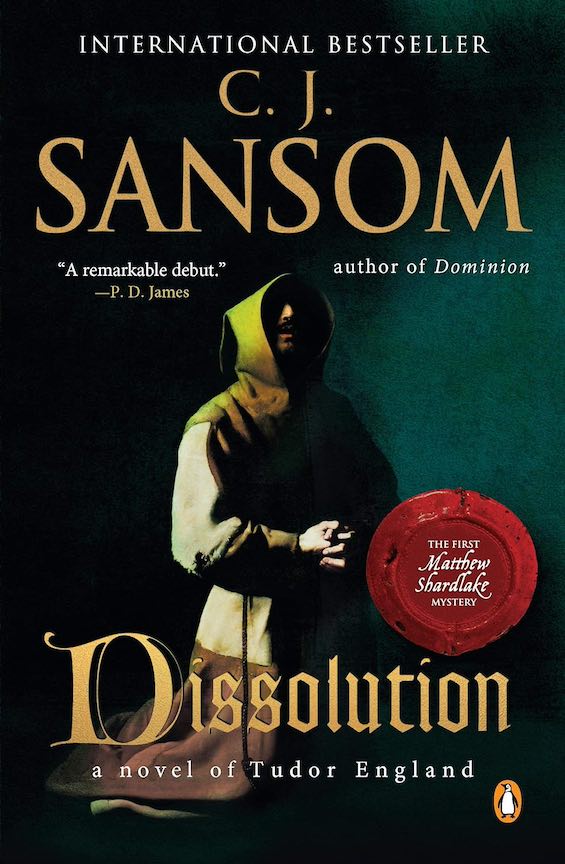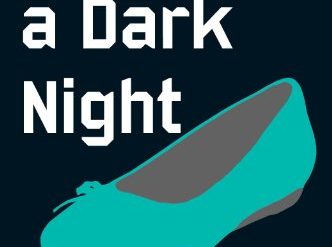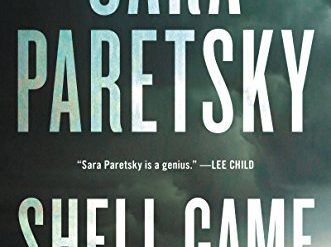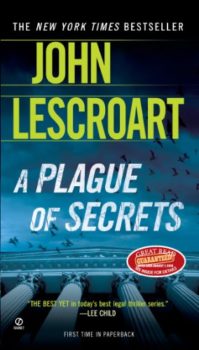
Over the past three decades, bestselling San Francisco author John Lescroart has been writing novels about the dark side of human character. He’s produced more than two dozen. His most popular series features former cop, bartender, and trial attorney Dismas Hardy; Dismas’s best friend, Abe Glitsky, who heads the homicide department at SFPD; and Dismas’ investigator, Wyatt Hunt. Invariably, the investigations in which these three characters become involved end up in the courtroom, where Dismas dazzles with his brilliant lawyering.
Estimated reading time: 3 minutes
Lescroart is an able writer, strong on character development and a wizard at plotting. A Plague of Secrets, the 13th of the 16 novels Lescroart has written to date in the Dismas Hardy series, shows off both these strengths. In the earlier entries in the series, we’ve watched Dismas’ evolution from the SFPD, to tending a neighborhood bar he half-owns, to the District Attorney’s office, and finally into private practice.
His firstborn son, Michael, had died at the age of seven months 35 years earlier. His “son’s tragedy had marked the end of his first marriage and the abandonment of his law career. It had led to ten years behind the bar at the Little Shamrock.” In A Plague of Secrets, he has long since established himself as one of San Francisco’s leading defense attorneys—a reputation he has justified again and again in the courtroom.
A Plague of Secrets (Dismas Hardy #13) by John Lescroart ★★★★☆
In San Francisco, laws selectively enforced
Like every one of its predecessors in the Dismas Hardy series, A Plague of Secrets is eventful. Abe Glitsky’s three-year-old son is hit by a car and descends into a coma in the hospital. But the novel’s principal action unfolds from a homicide investigation. Abe is sidelined with grief, giving the officers in his department freer rein. An overzealous cop investigating the murder of a coffee-shop manager prematurely takes the case to the right-wing U.S. Attorney, who uses the opportunity to go after Dismas’ prominent friends, both outspoken liberals, a San Francisco Supervisor and the Mayor.
The pretext on which he has done this is flimsy at best. The Supervisor’s sister, Maya Townshend, owns the coffee shop where the now-dead manager was dealing marijuana—lots of it. The U.S. Attorney immediately files forfeiture papers for the coffee shop in federal court and takes his case to the press, claiming that Maya, her wealthy husband, her brother, and the Mayor were all involved in dealing drugs and money-laundering.
Hardy reflects, “An aphorism of someone he’d once known sprang to mind: The essence of fascism is to make laws forbidding everything and then enforce them selectively against your enemies.”
For related reading
Previously I reviewed four other novels in the Dismas Hardy series. You can locate them by searching this site for John Lescroart.
This is one of Great courtroom dramas.
You might also enjoy my posts:
- Top 10 mystery and thriller series
- 20 excellent standalone mysteries and thrillers
- 30 outstanding detective series from around the world
- Top 20 suspenseful detective novels
- Top 10 historical mysteries and thrillers
And you can always find my most popular reviews, and the most recent ones, on the Home Page.

